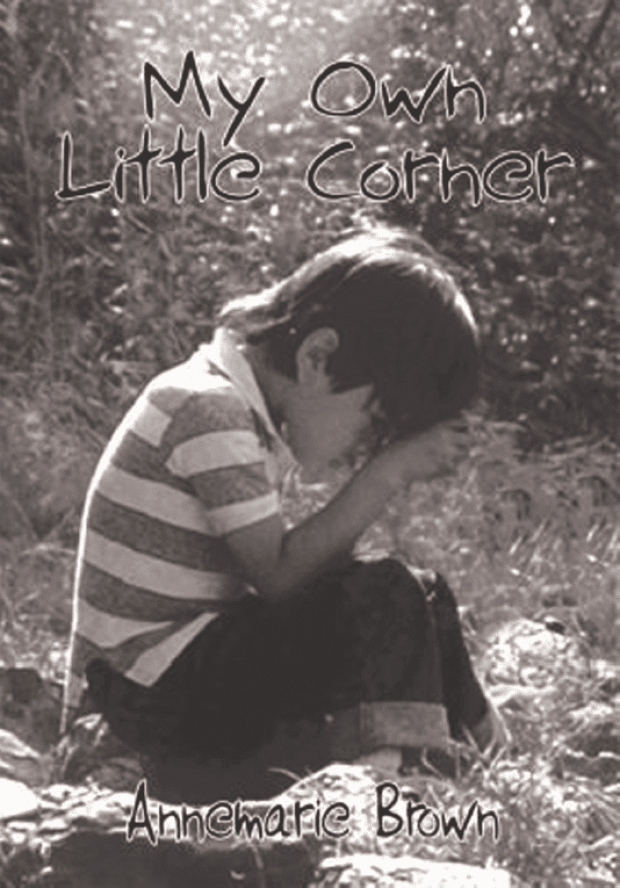When longtime Malibu resident Annemarie Brown holds her dog training classes in a local park on the weekends, she is keenly aware of the irony of training German shepherds to sit and fetch. After all, her very first memories are of Nazi soldiers stationed on every corner of her childhood neighborhood in Amsterdam with a German shepherd, ready to attack on command.
But as recounted in her self-published book, “My Own Little Corner,” Brown only sees the visceral reminder of the horrors of Nazi occupation as another stepping-stone in her lifelong journey to self-reliance and triumphant survival.
“I was two years old when the Nazis invaded Holland,” Brown said. “I never knew anything else. So I grew up watching how my parents tricked the occupying forces and lived their own lives right under their noses.”
Brown’s father was of Dutch royalty—the van Voorsts—and a carpenter who lost a right arm to an early accident. A Protestant, he wooed Brown’s Catholic mother and married her against her parents’ wishes, while already pregnant with Annemarie. Brown said this was the earliest example of her parents’ rebellious and independent natures.
Brown is quick to point out in the preface to her book that she was “never hungry, was always clothed, and was a content, happy child most of the time.”
Such an assessment flies in the face of astonishingly challenging circumstances of growing up during that period. Her mother would sit Brown down every day and rehearse responses the little girl must give to Nazi interrogators who regularly would burst into their home, unannounced: “I don’t know where my Daddy is.” “I forgot.” “I don’t know.”
Being part of the intelligentsia of the Dutch shipping town, the van Voorsts were regularly targeted and hauled into Nazi headquarters for questioning.
“One time the SS officers crashed through the door while we were eating,” Brown said. “They kept asking us, ‘Where is your papa?’ and I would say, ‘I don’t know.’ They were keen to arrest my father to try and get information about anti-Nazi activity in Amsterdam. While they were questioning us, they didn’t know that my father was right underneath us in the basement that you could get to through a little door hidden by a rug.”
The van Voorsts subversively defied Nazi dictums and helped their neighbors survive the occupation. Brown’s mother would cook food, stuffing towels
under windows and doors so the smell wouldn’t escape to the street—and Nazi attention—to feed those less fortunate than they.
“One of the biggest things was listening to radio broadcasts from abroad,” Brown said. “Of course, all the radios in town had been confiscated by the Nazis, but my parents kept one. My mother would go out every day, pushing my baby sister in the baby buggy down the streets. But a couple of days a week, she would also hide our radio in the buggy and push it down to a neighbor house so they could catch up with the news.”
Brown learned to keep her mouth shut, her eyes open and, most of all, to take on burdens children should never face. When Brown was five years old, both her parents were arrested and shipped out of the country—her father to northern Germany and her mother to forced employment with a wealthy Swiss family.
For nine months, Brown—as instructed by her mother—stayed in the family home with her younger sister, Elsje. When soldiers passed, the girls hid in the basement. A neighbor lady helped them out. Brown decimated the stores of preserved food her mother had hidden in the basement. When people asked where her parents were, Brown would respond, “Oh, my mother has bad eyes. They went to the doctor.”
Eventually her parents returned, and they survived the war intact. When Brown was a teenager, and two more children had arrived, the family immigrated to the U.S. Brown’s father got a job as a floor manager, selling refrigerators. Within a few years they settled near USC and Brown started teaching a Montessori method of early education.
She worked for KMEX and married a traveling salesman. The marriage ended in divorce, leaving her with four children. In time she remarried—to Gus Brown, a doctor who was recruited to act as veterinarian to military dogs in Wiesbaden, Germany.
“This is how I got into training dogs,” Brown said.
She has hosted free dog training sessions on Saturday mornings in Malibu Park for the last 12 years. She has also taught hundreds of local children as a pre-school teacher.
About seven years ago, she started writing her book. When finished, a friend whose dog she trained, Fabian Calvo, offered to help her get it published.
“Annemarie lived through such amazing, tough times,” Calvo said. “But never once will she tell you that she was a victim.”
Calvo and Brown hope to see public readings of her book at local bookstores soon. Brown thinks her story is important to newer generations.
“I don’t want you to feel sorry for me,” Brown says in her preface. “But teach your children right from wrong.”
“My Own Little Corner” may be purchased online at amazon.com, with forthcoming events at local bookstores expected in the near future.

